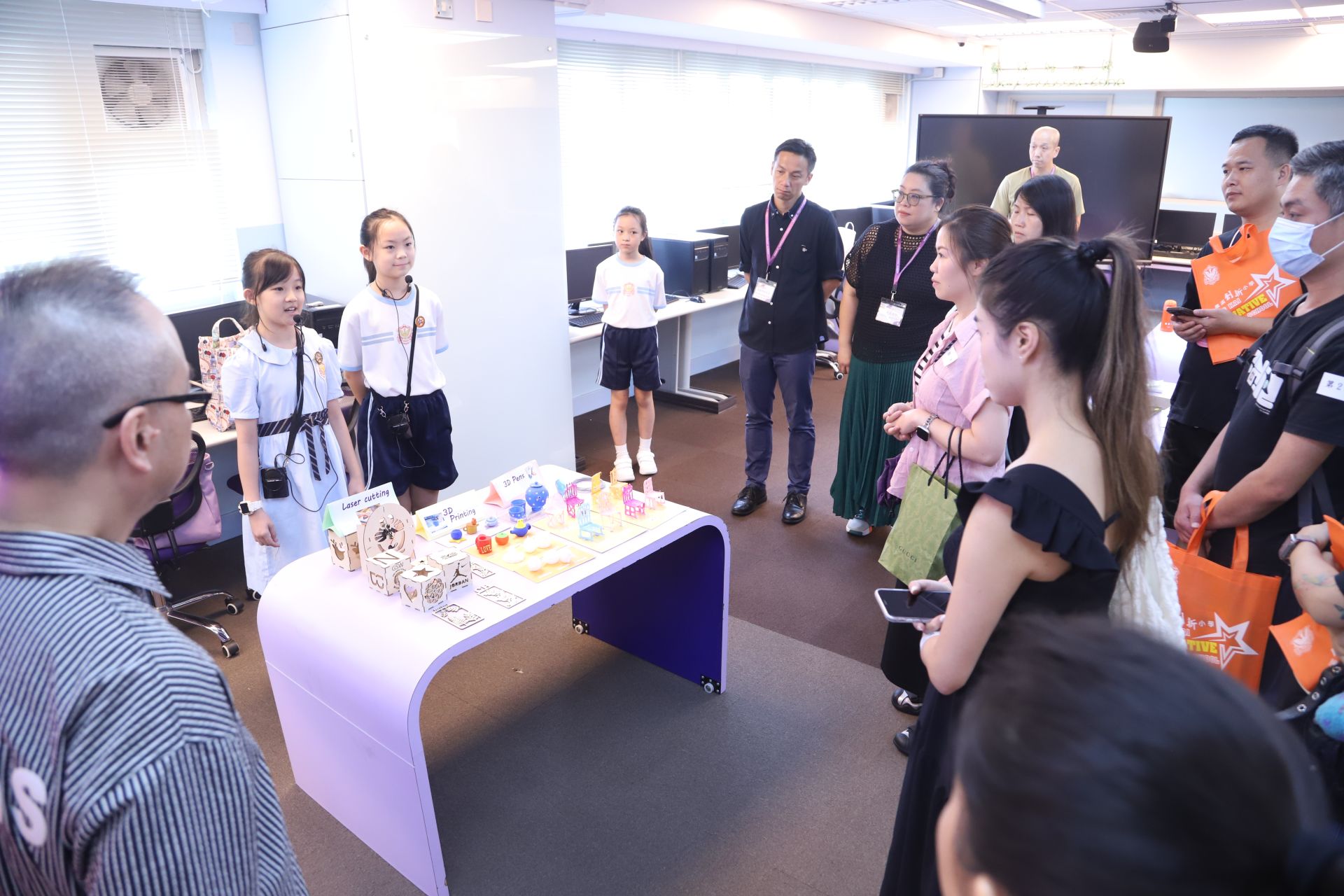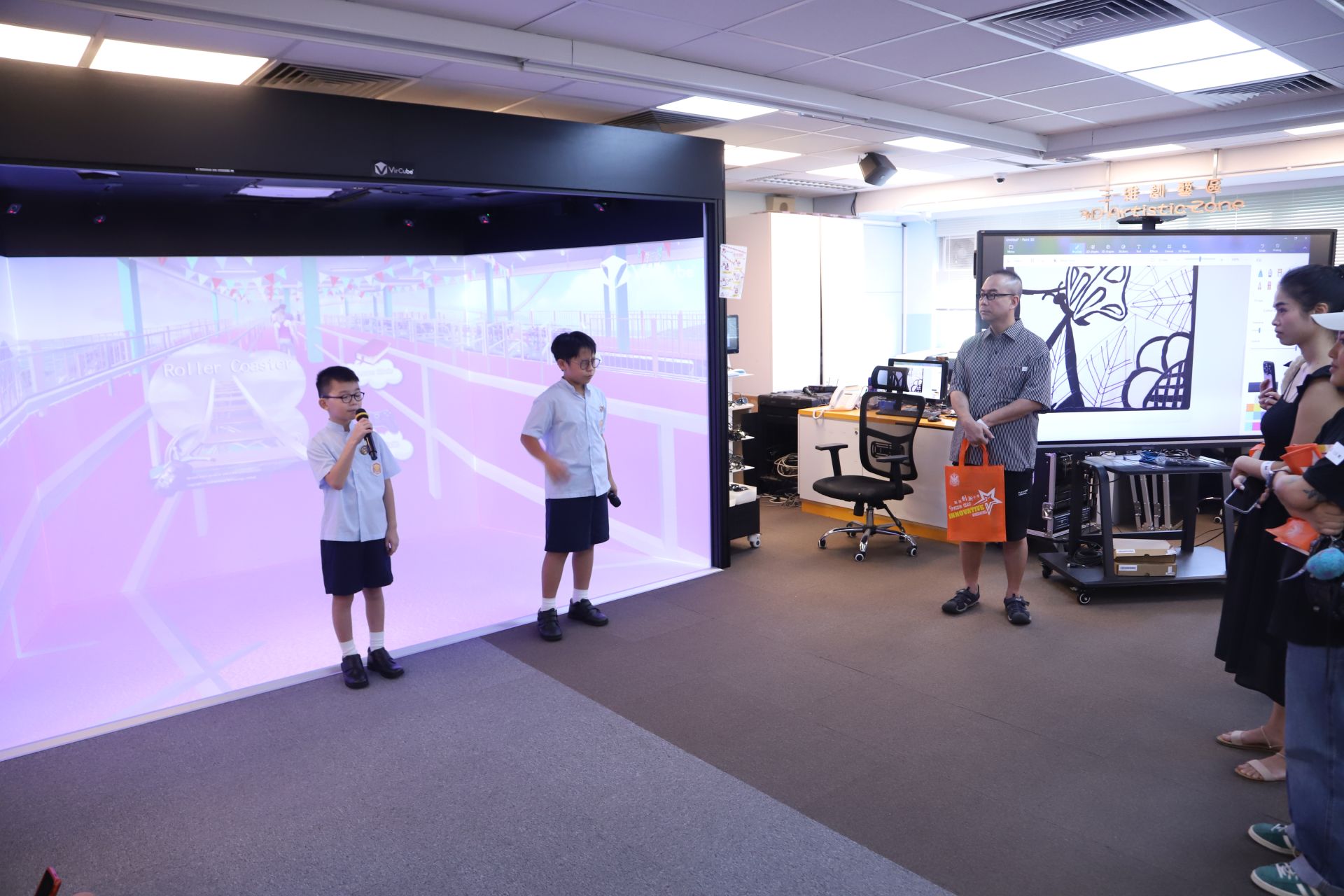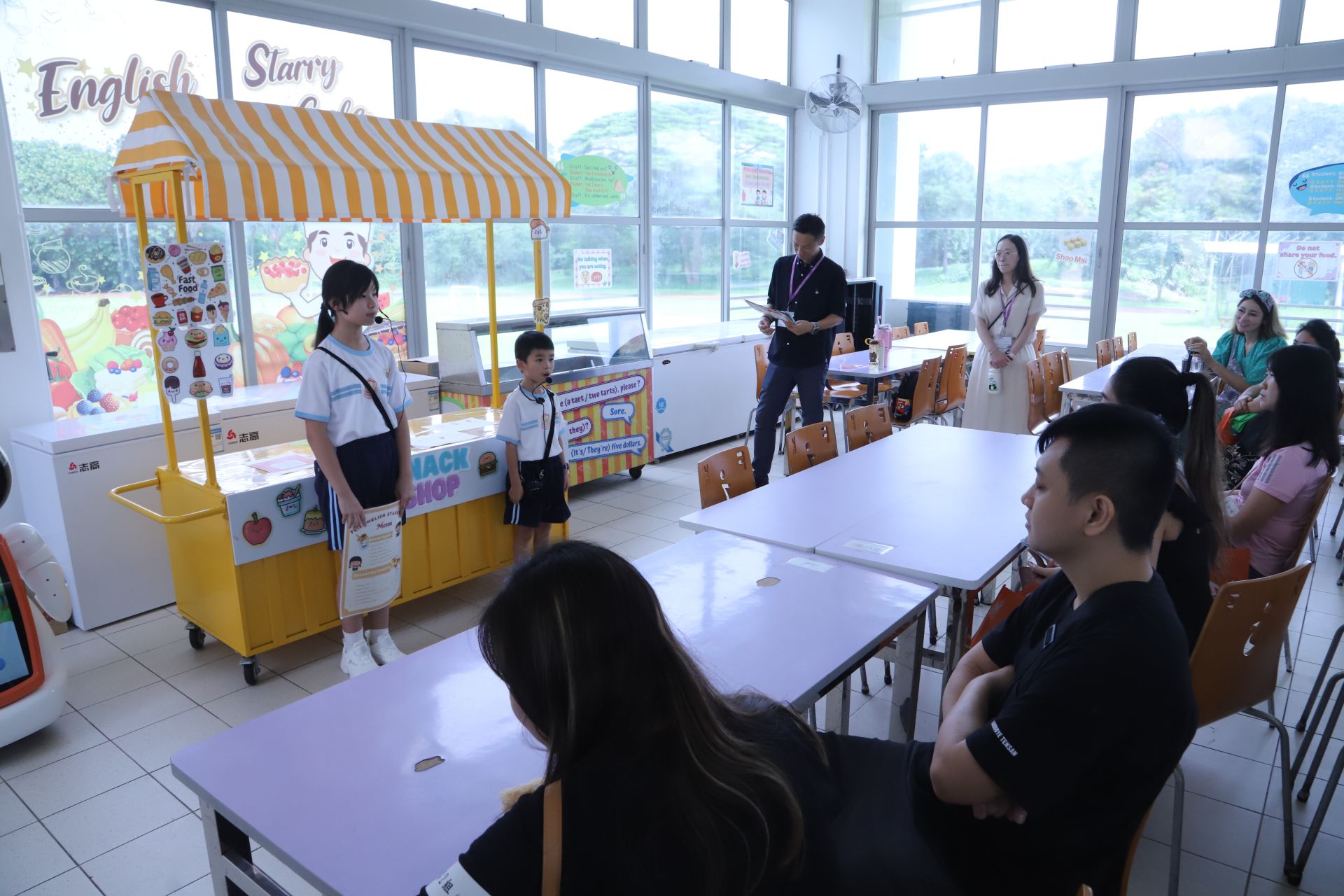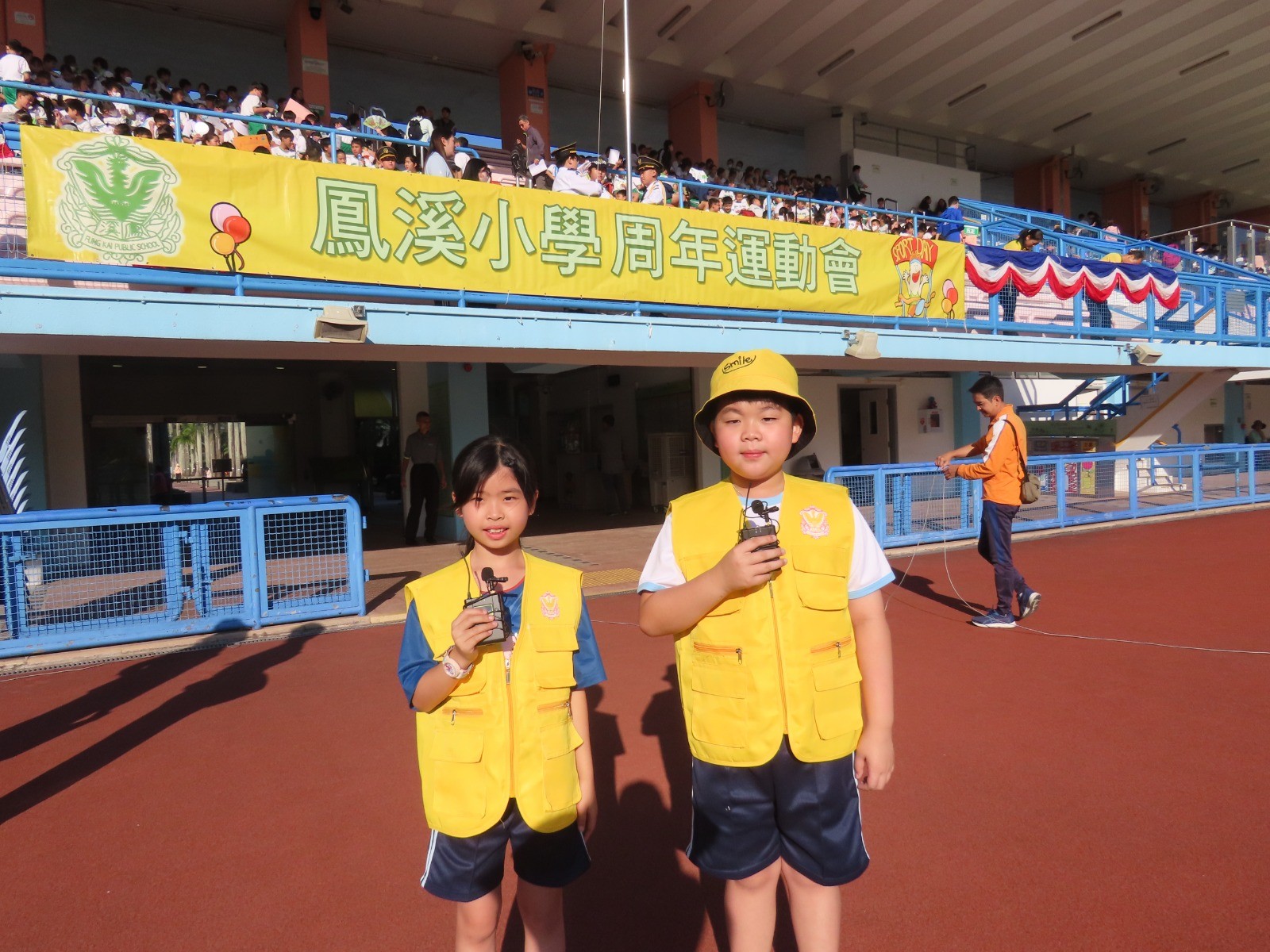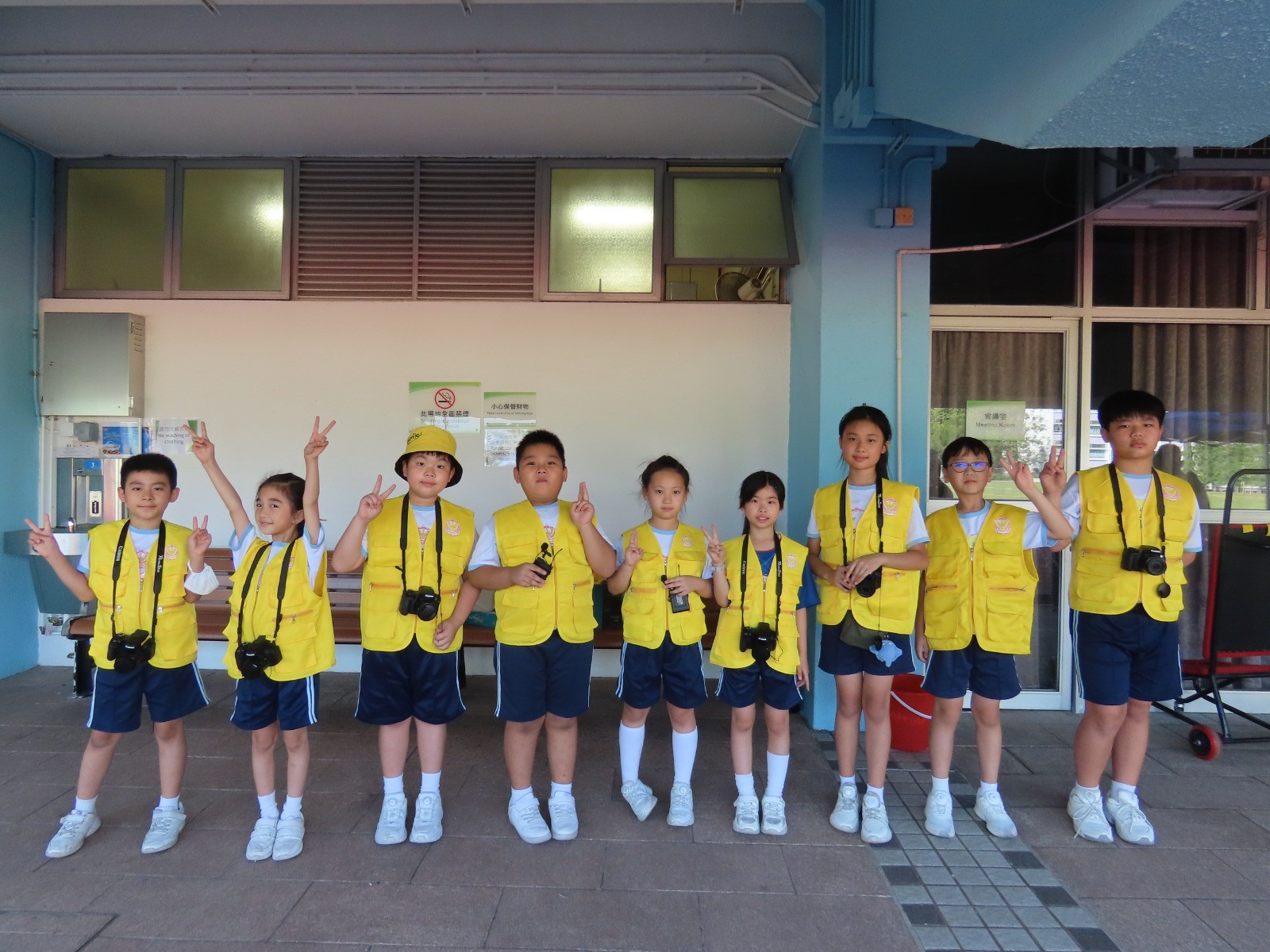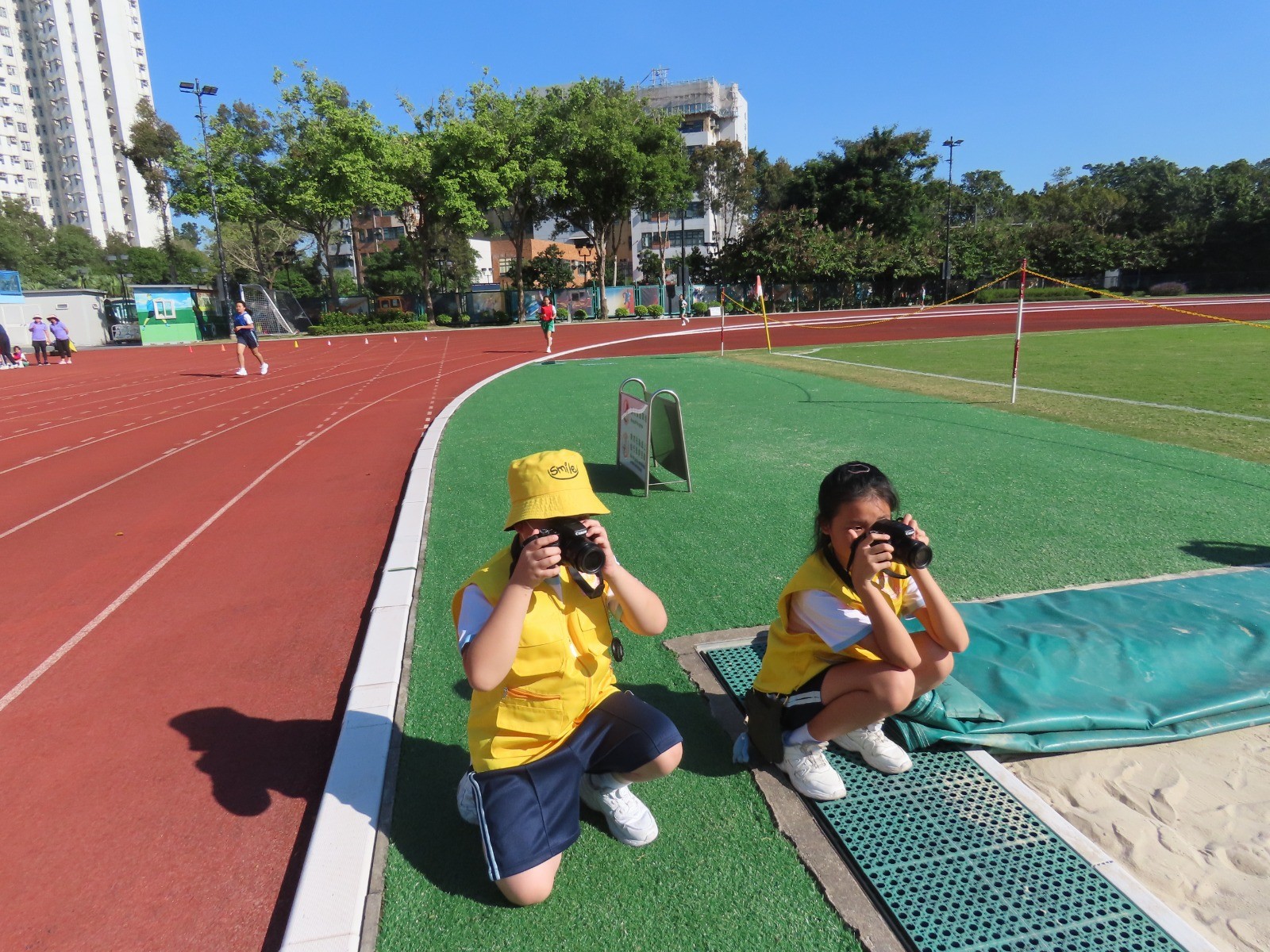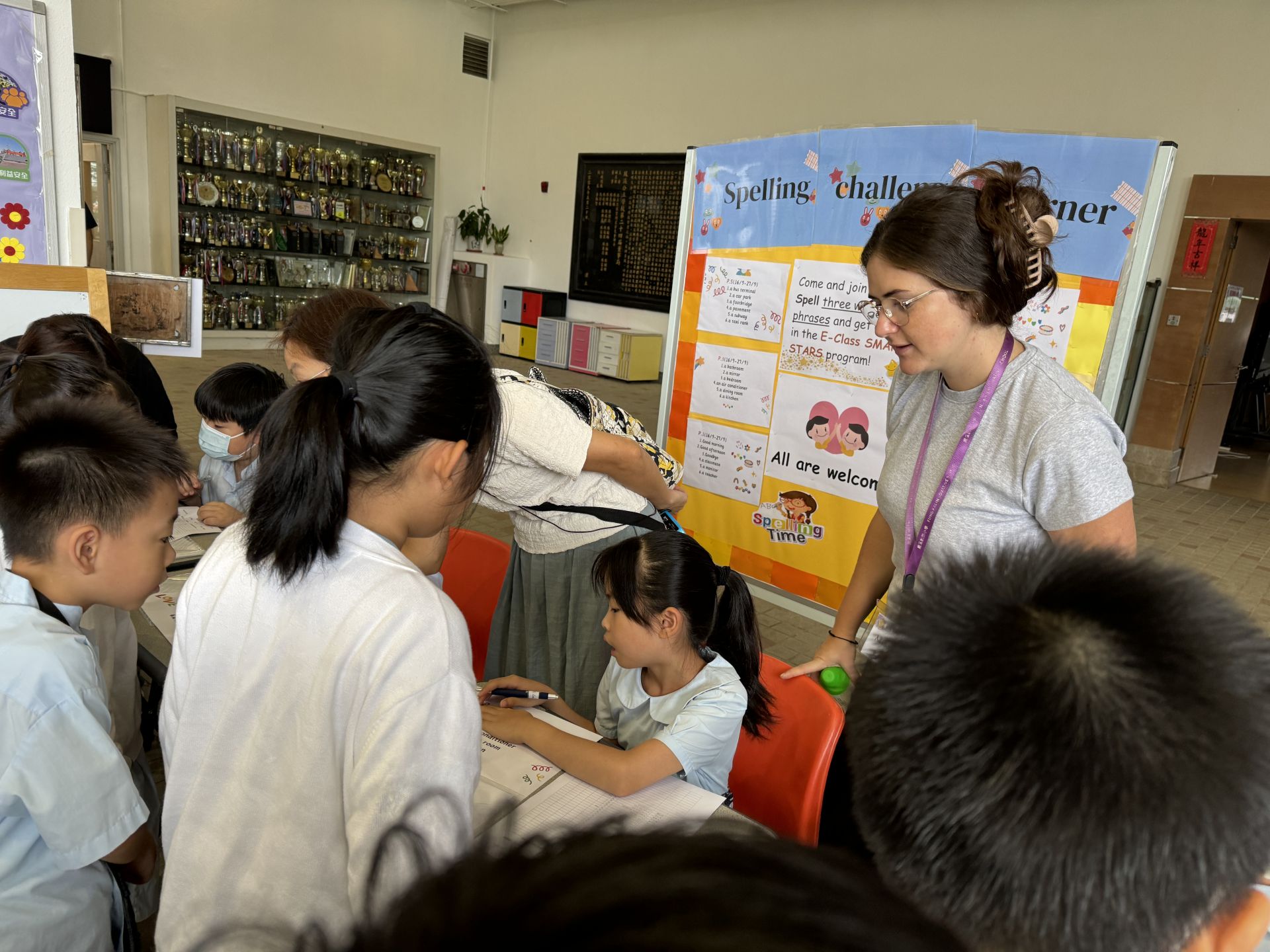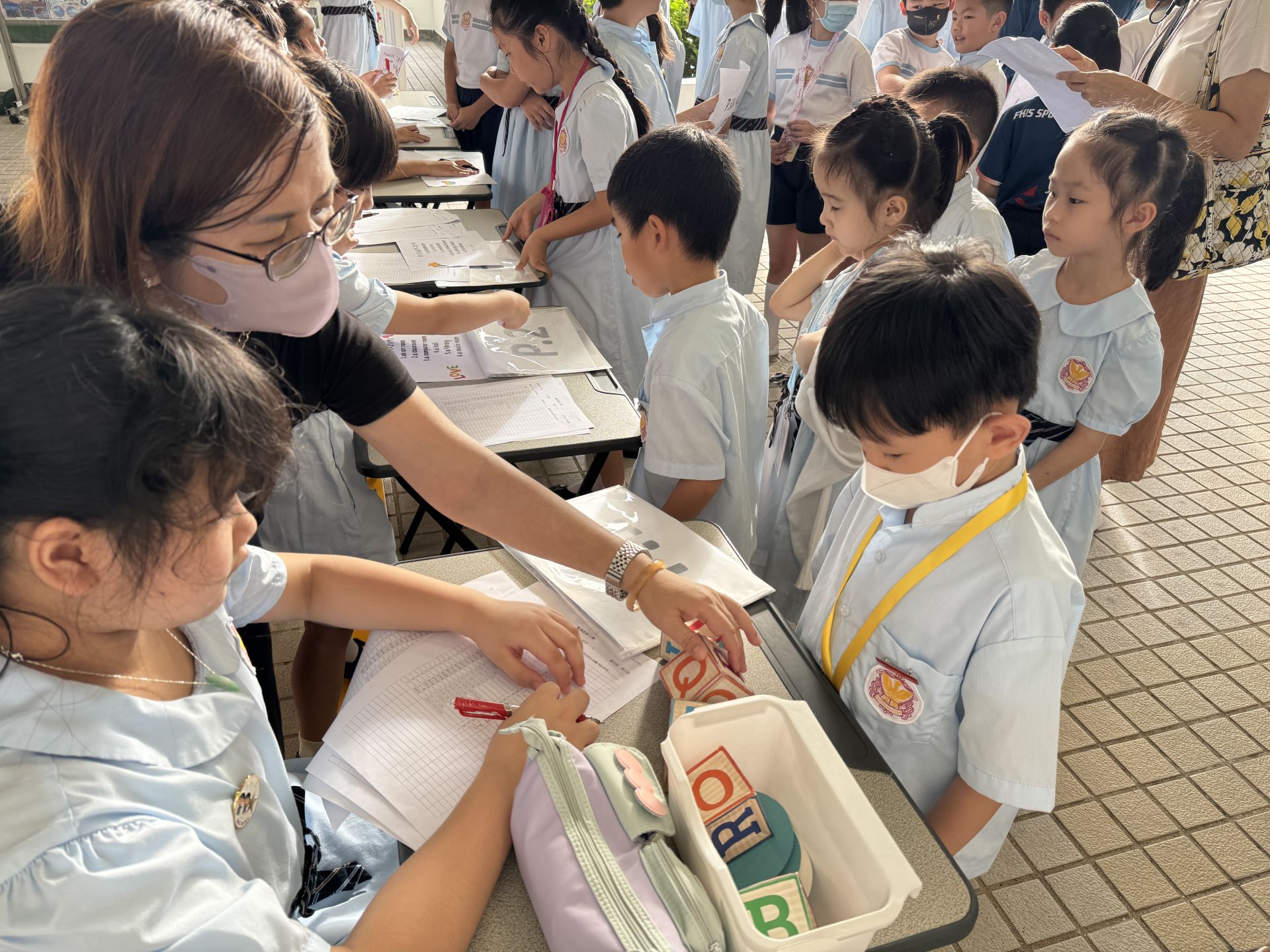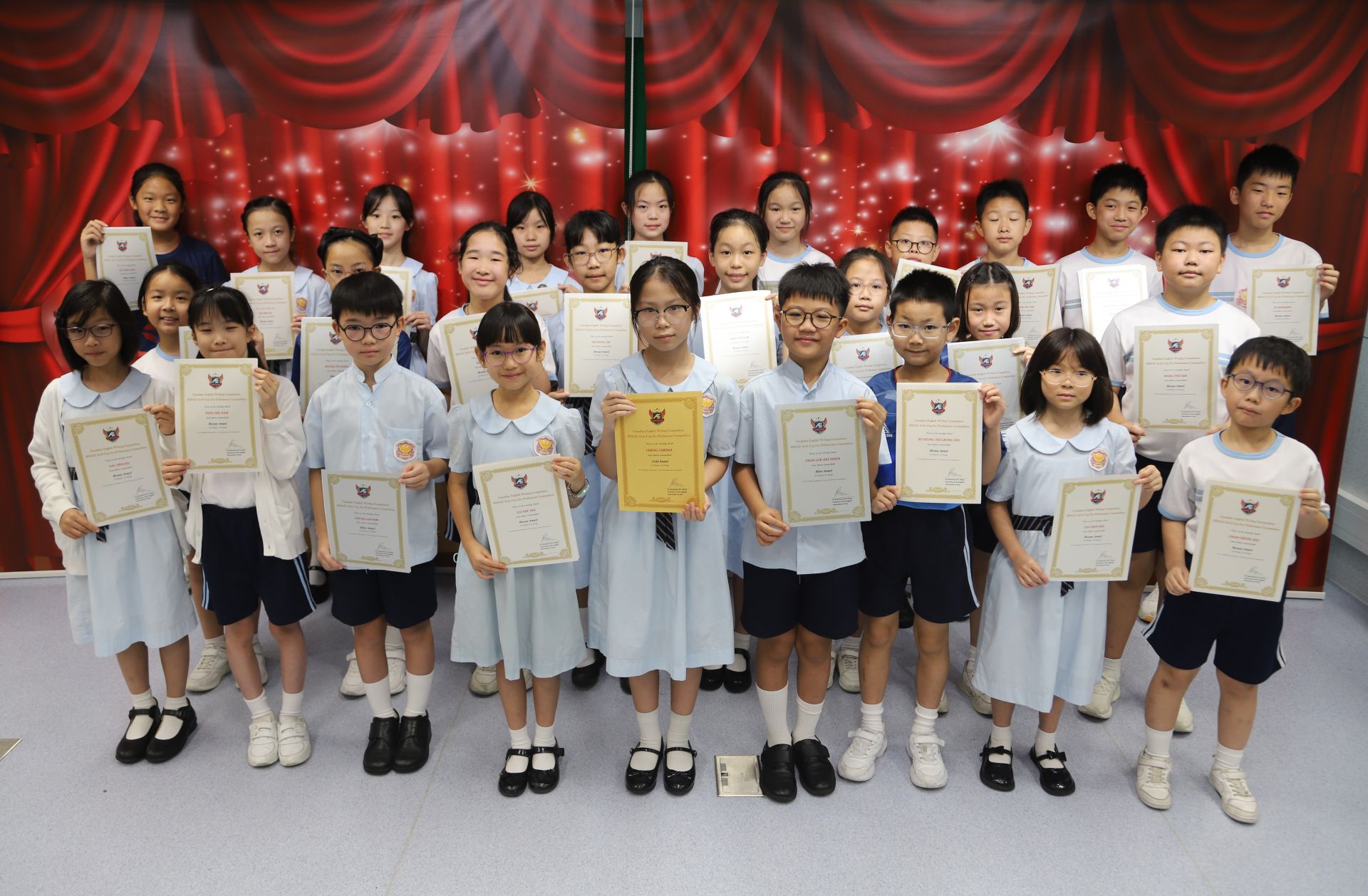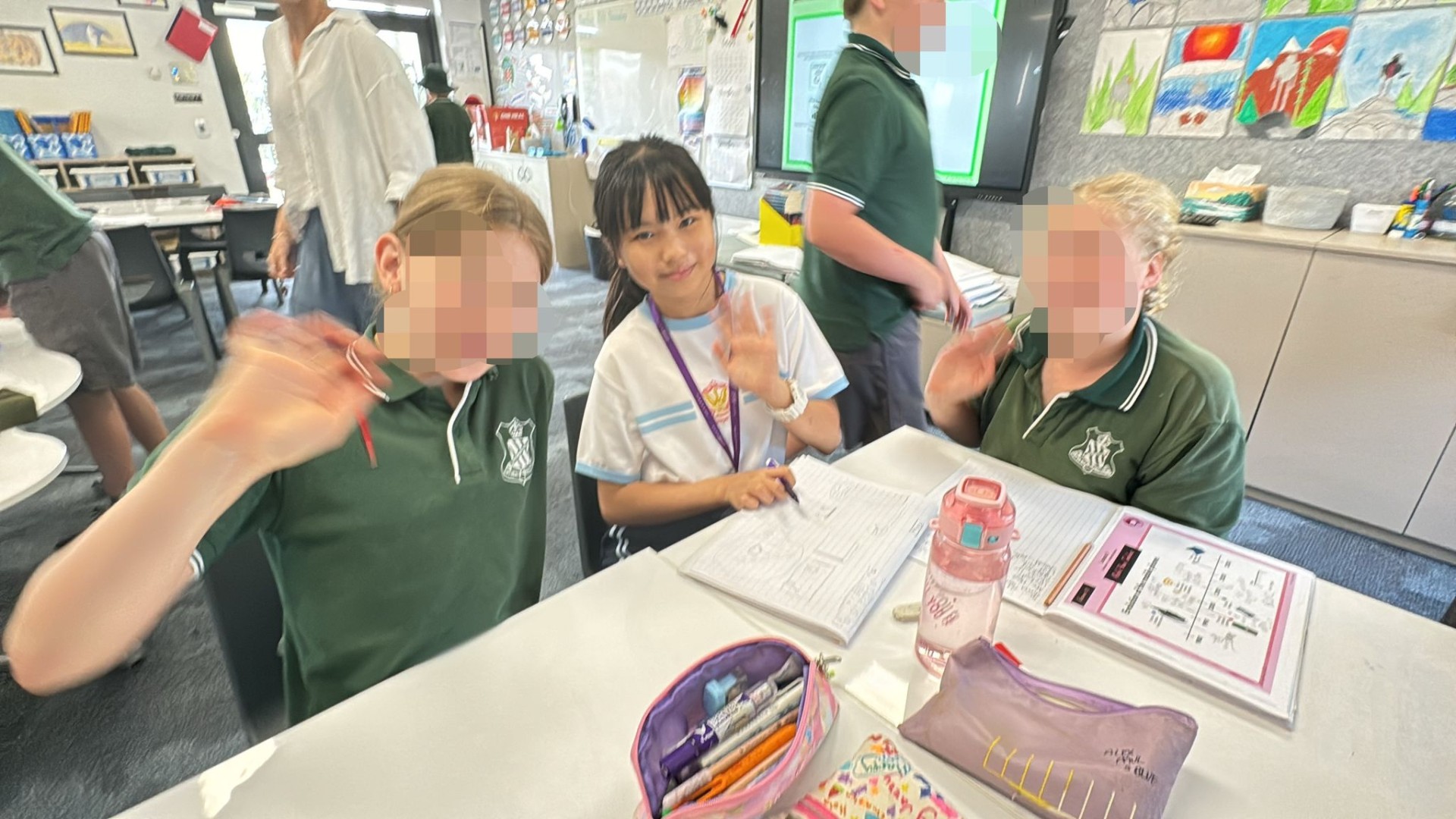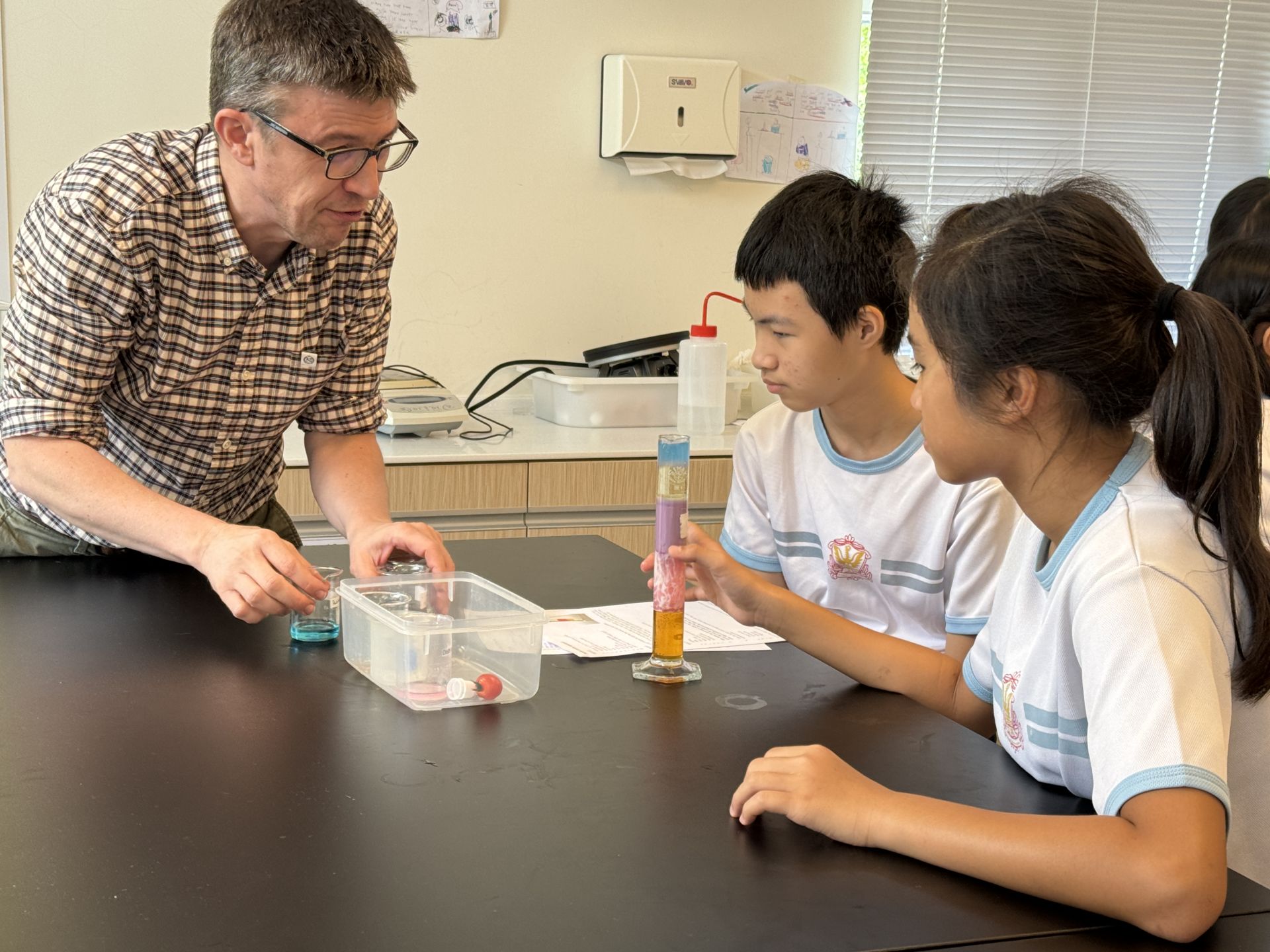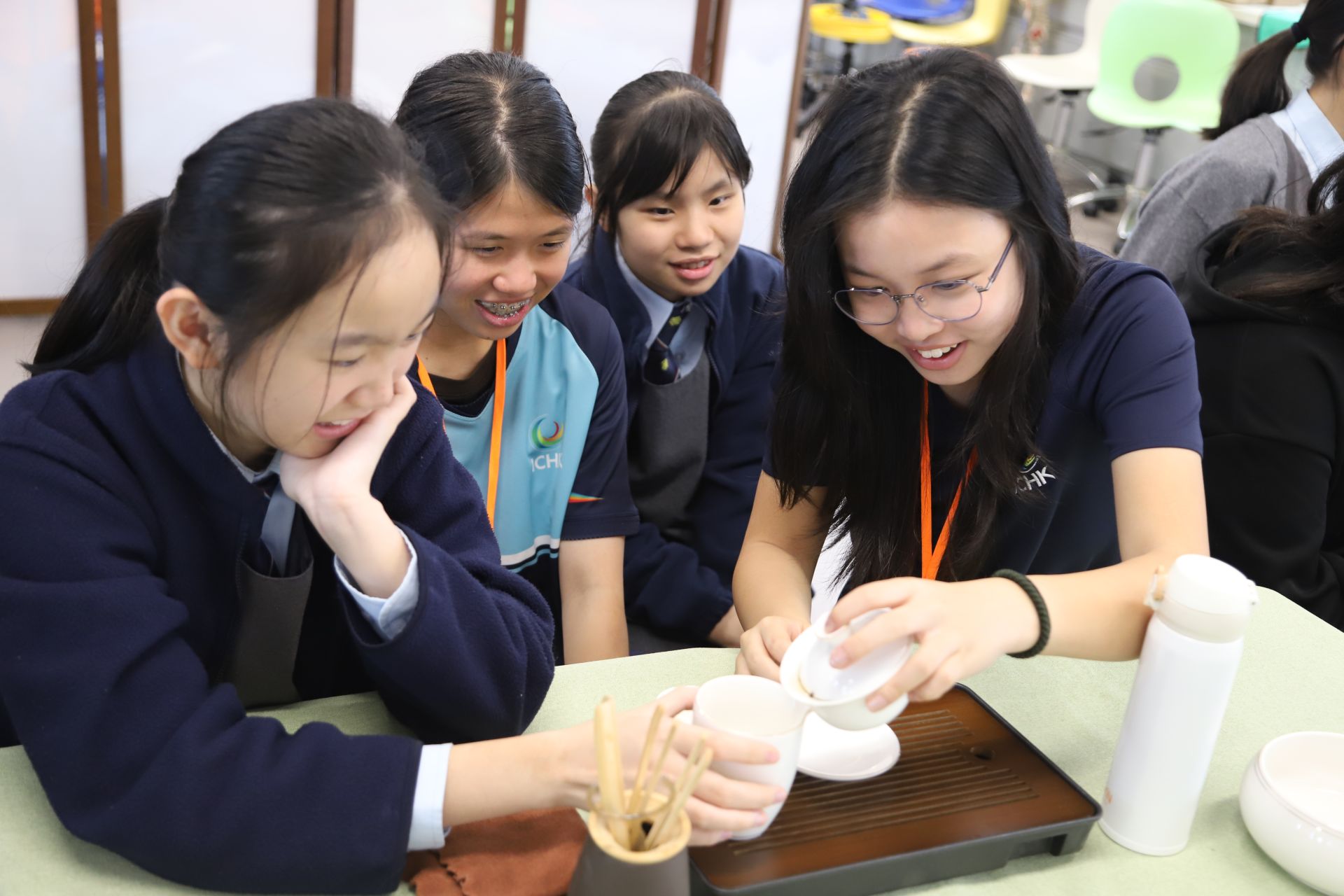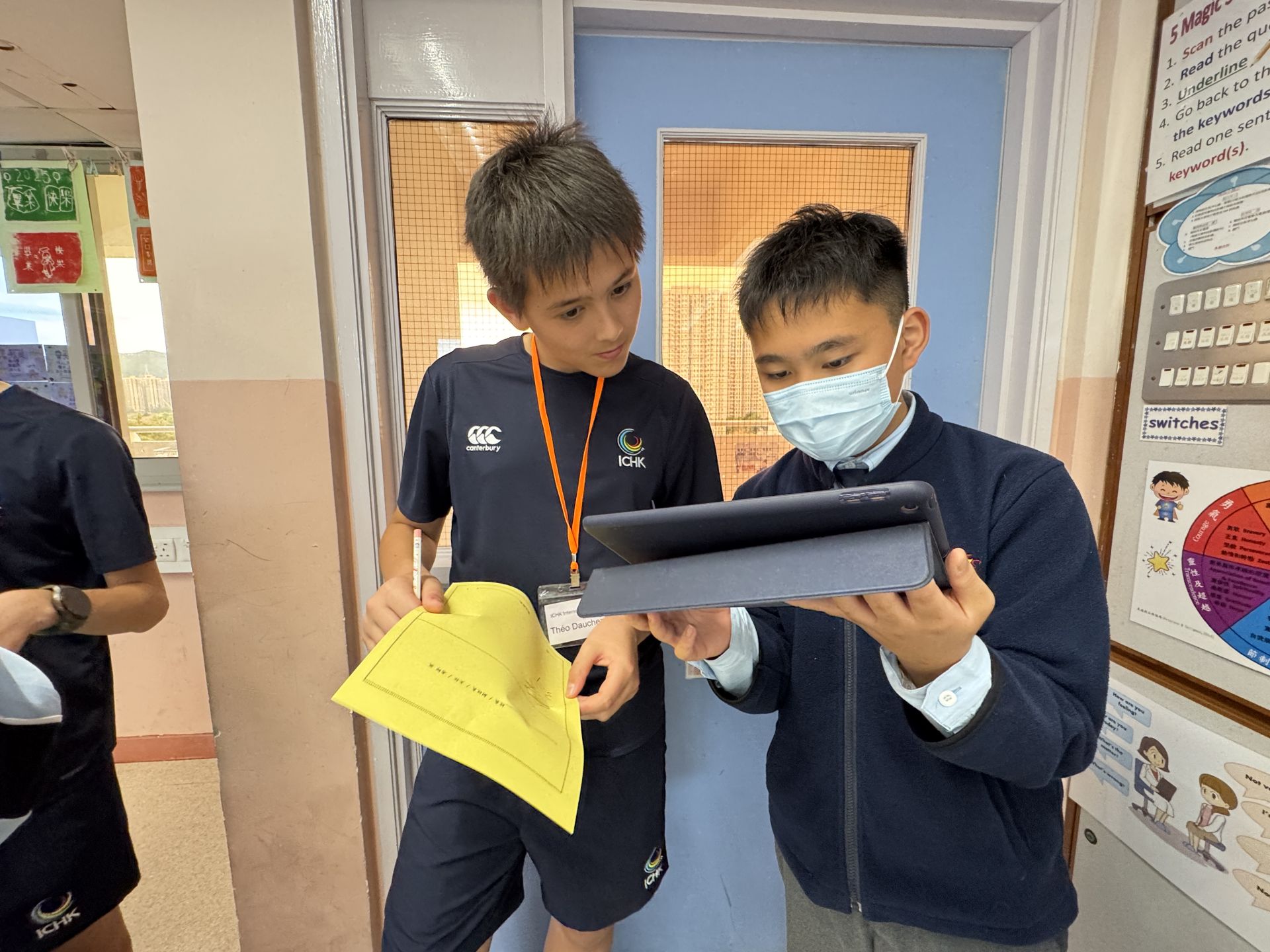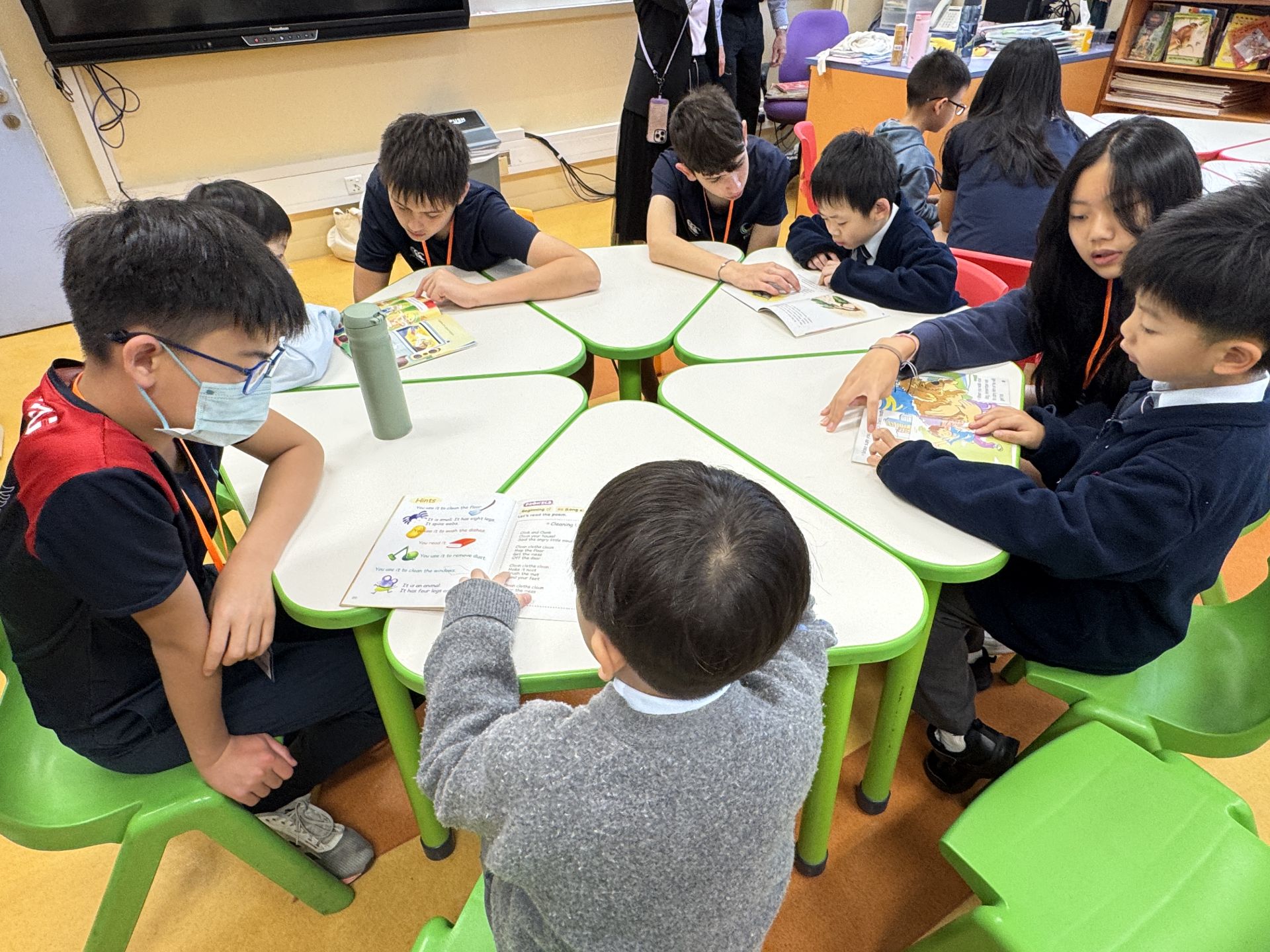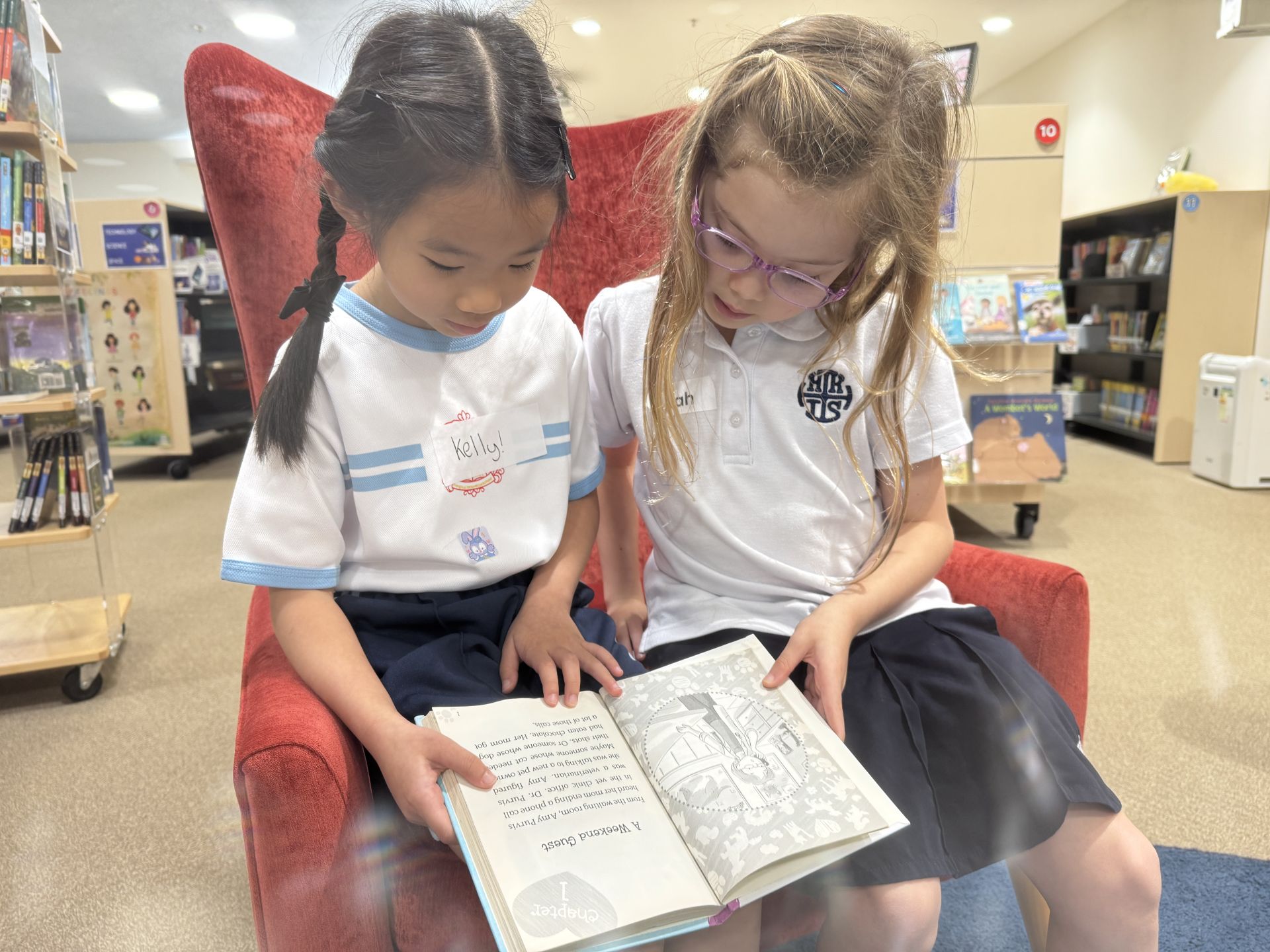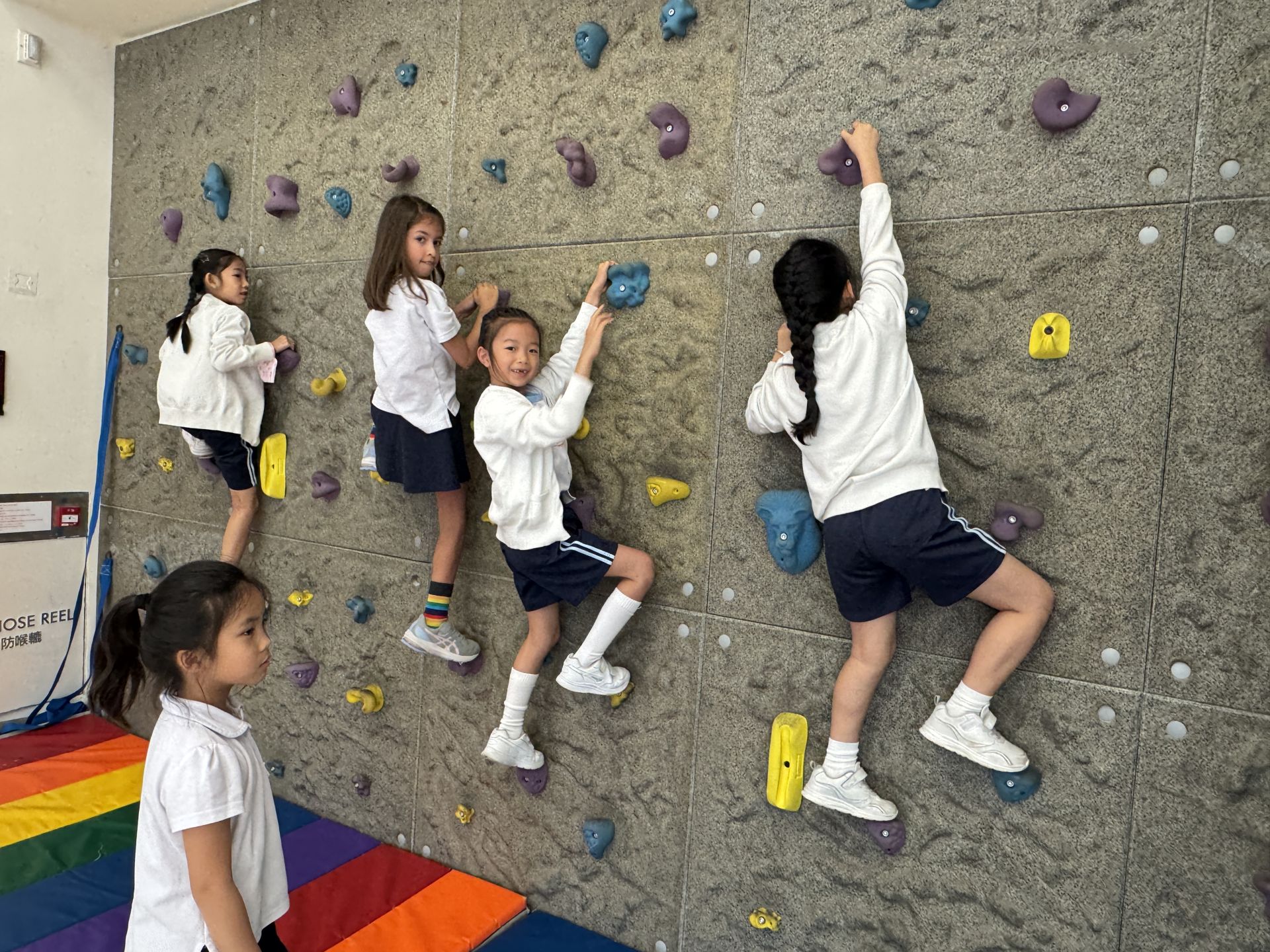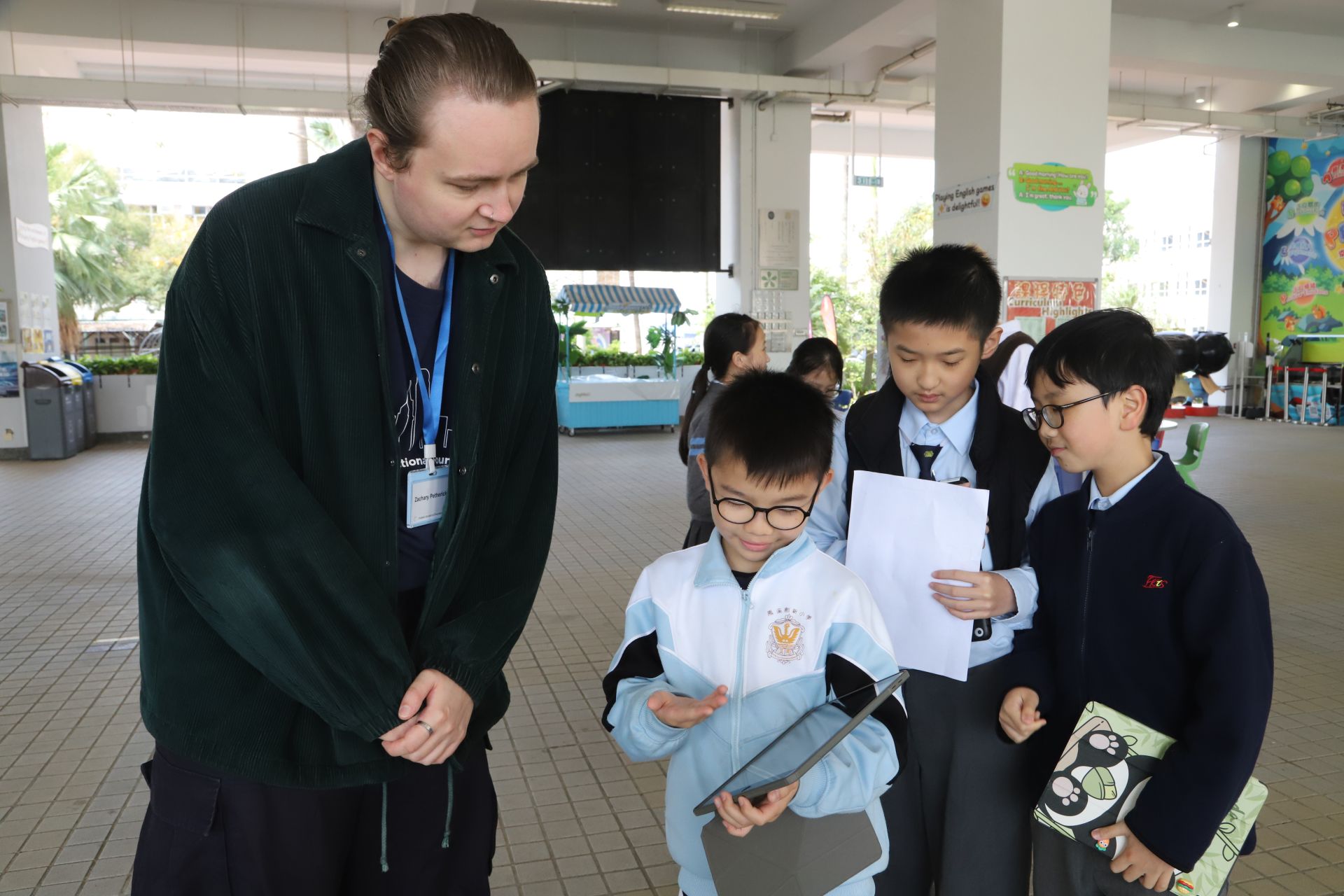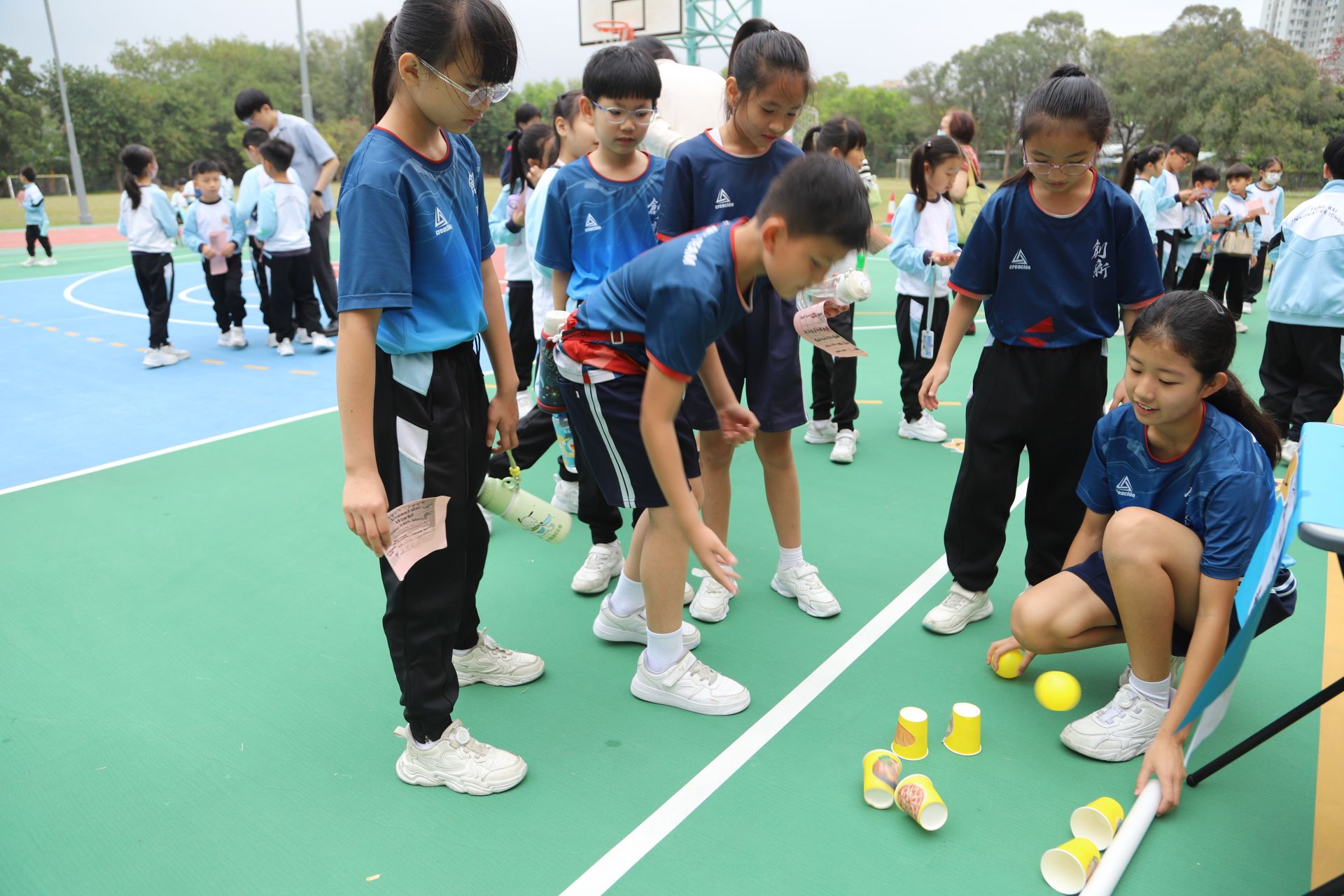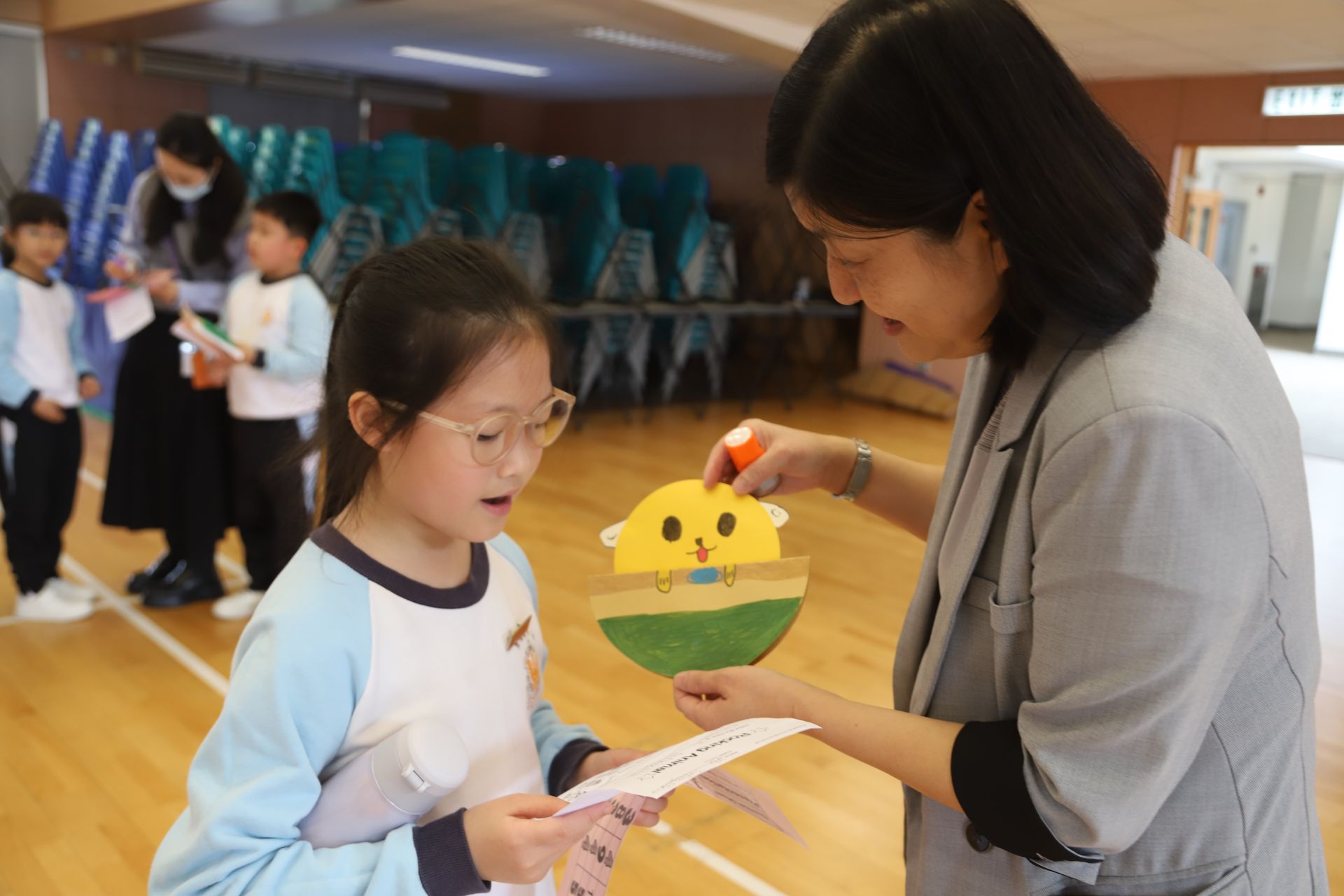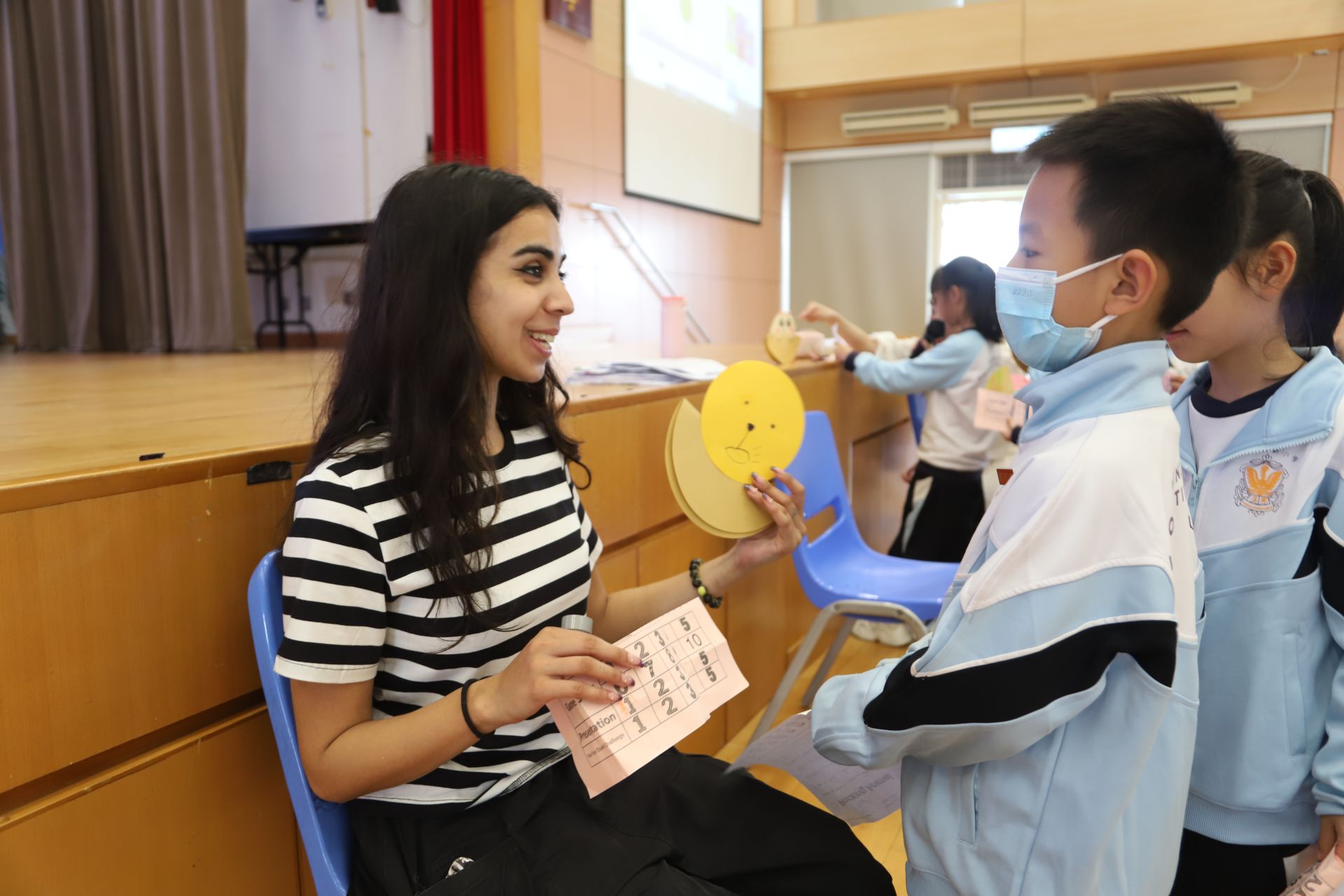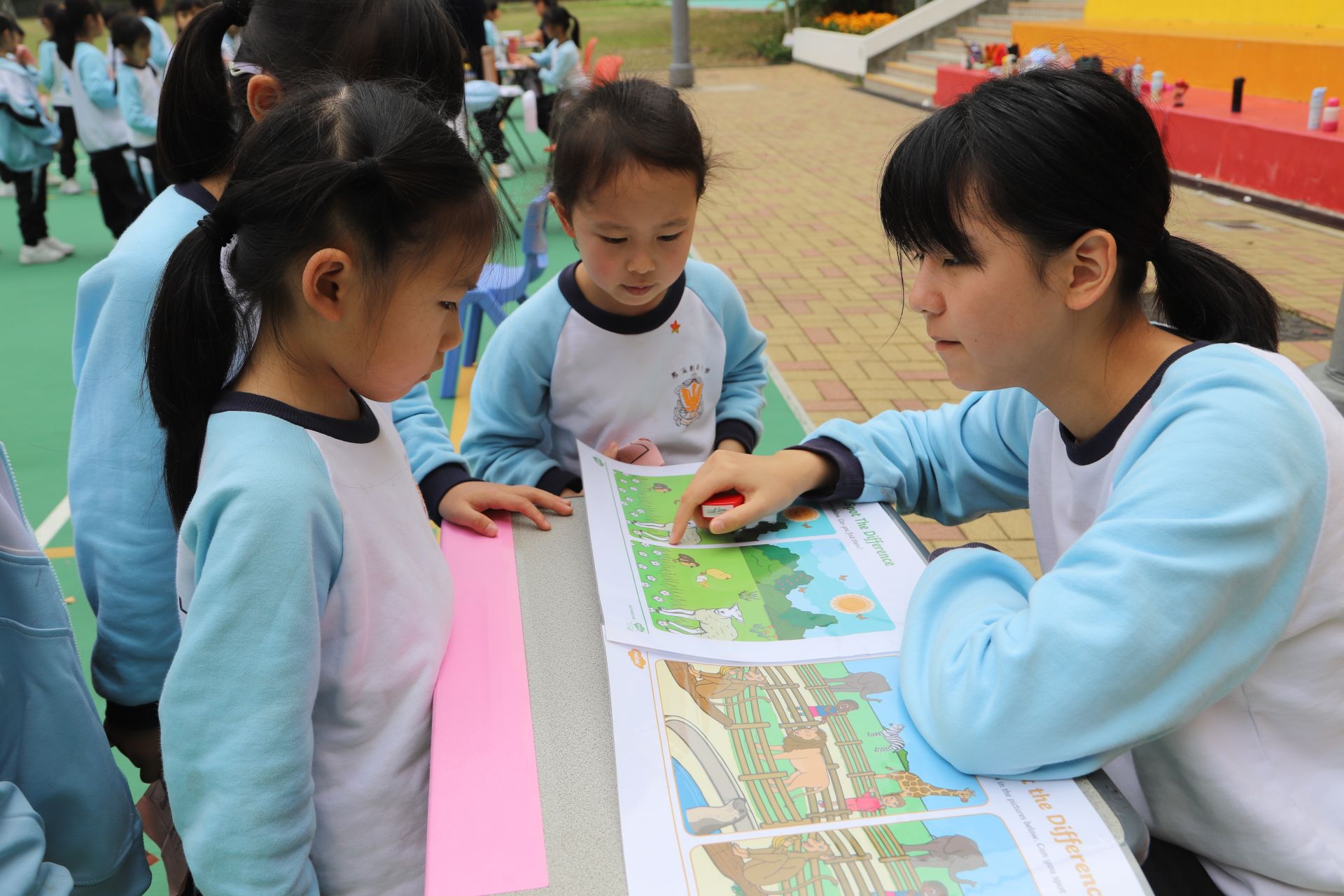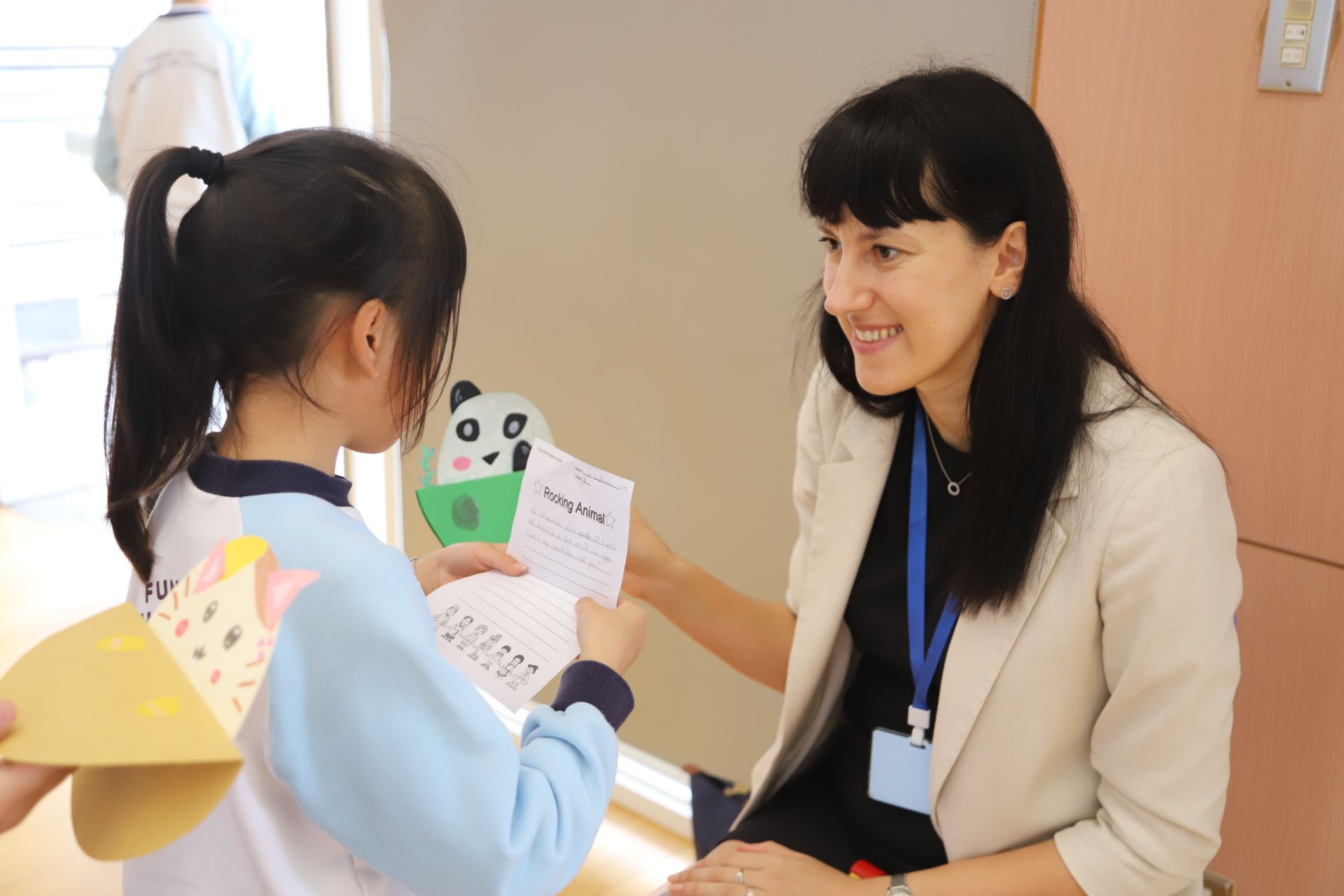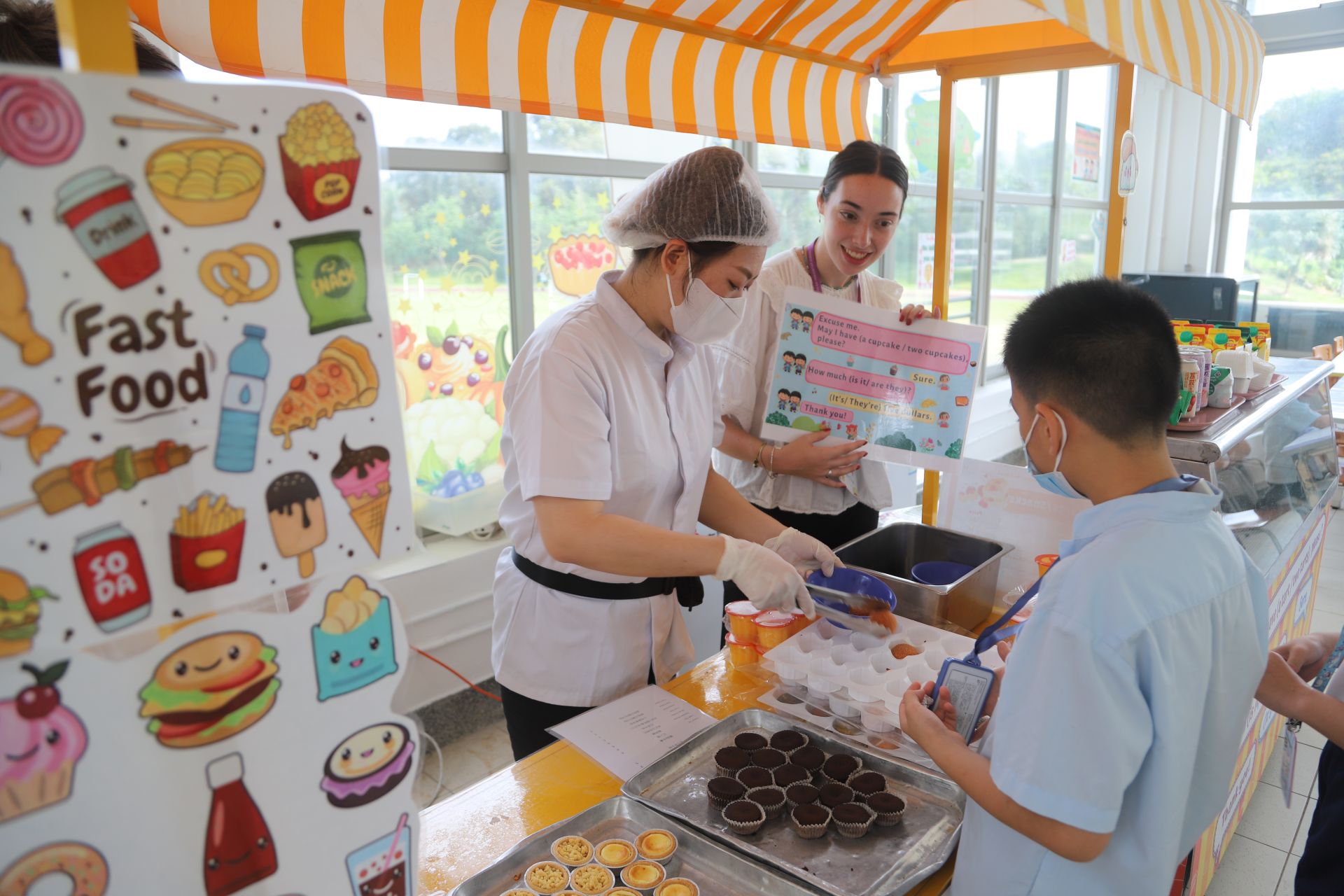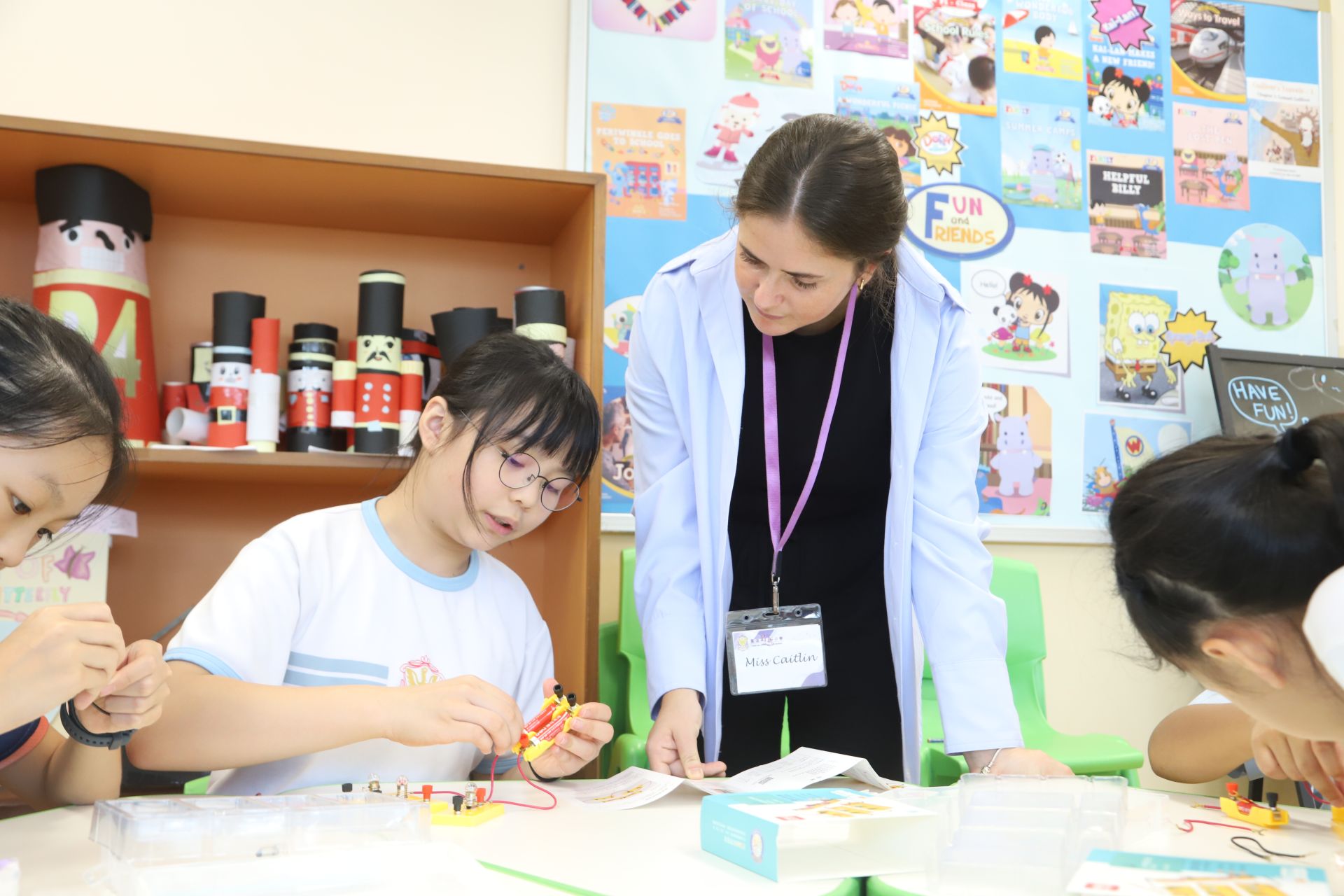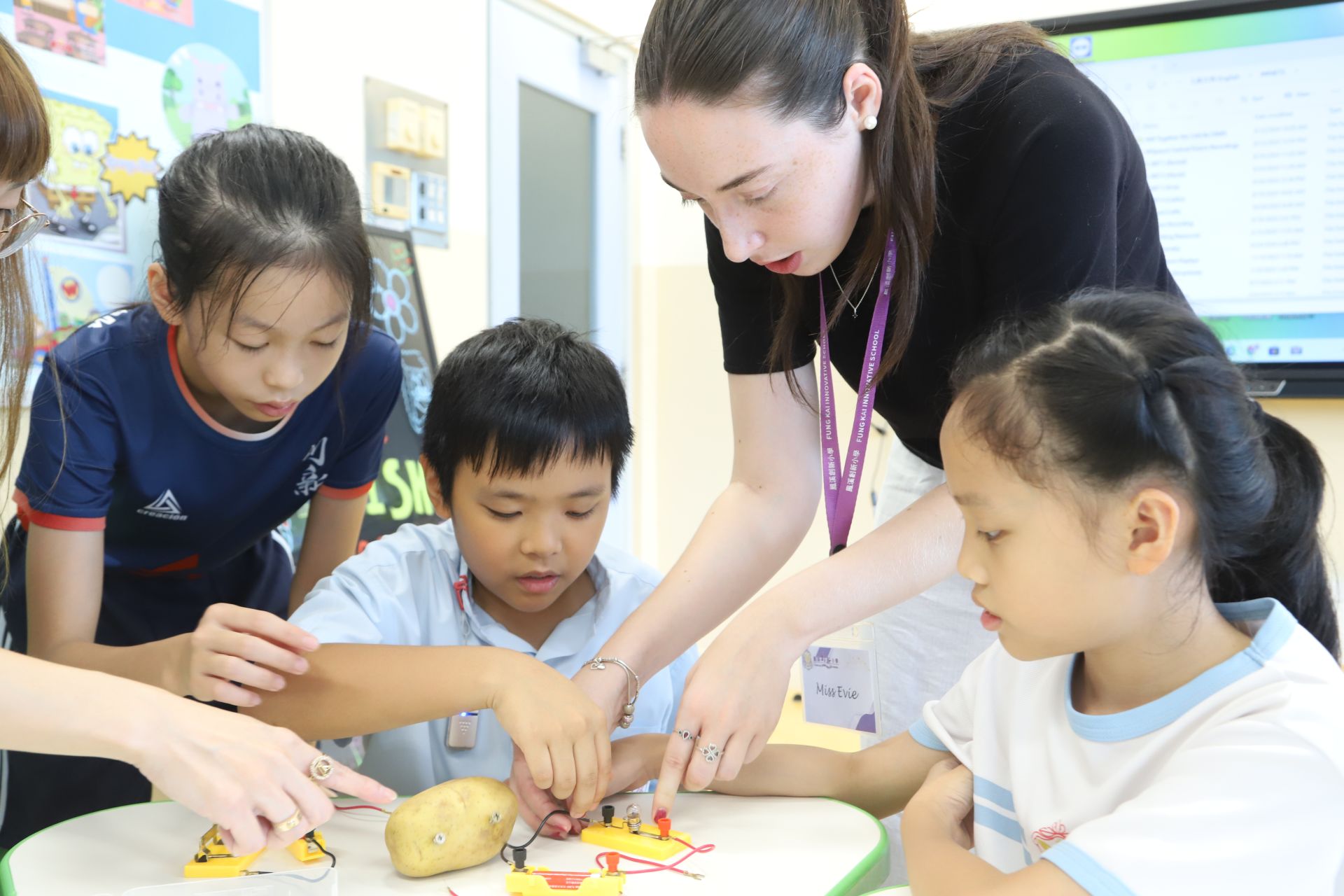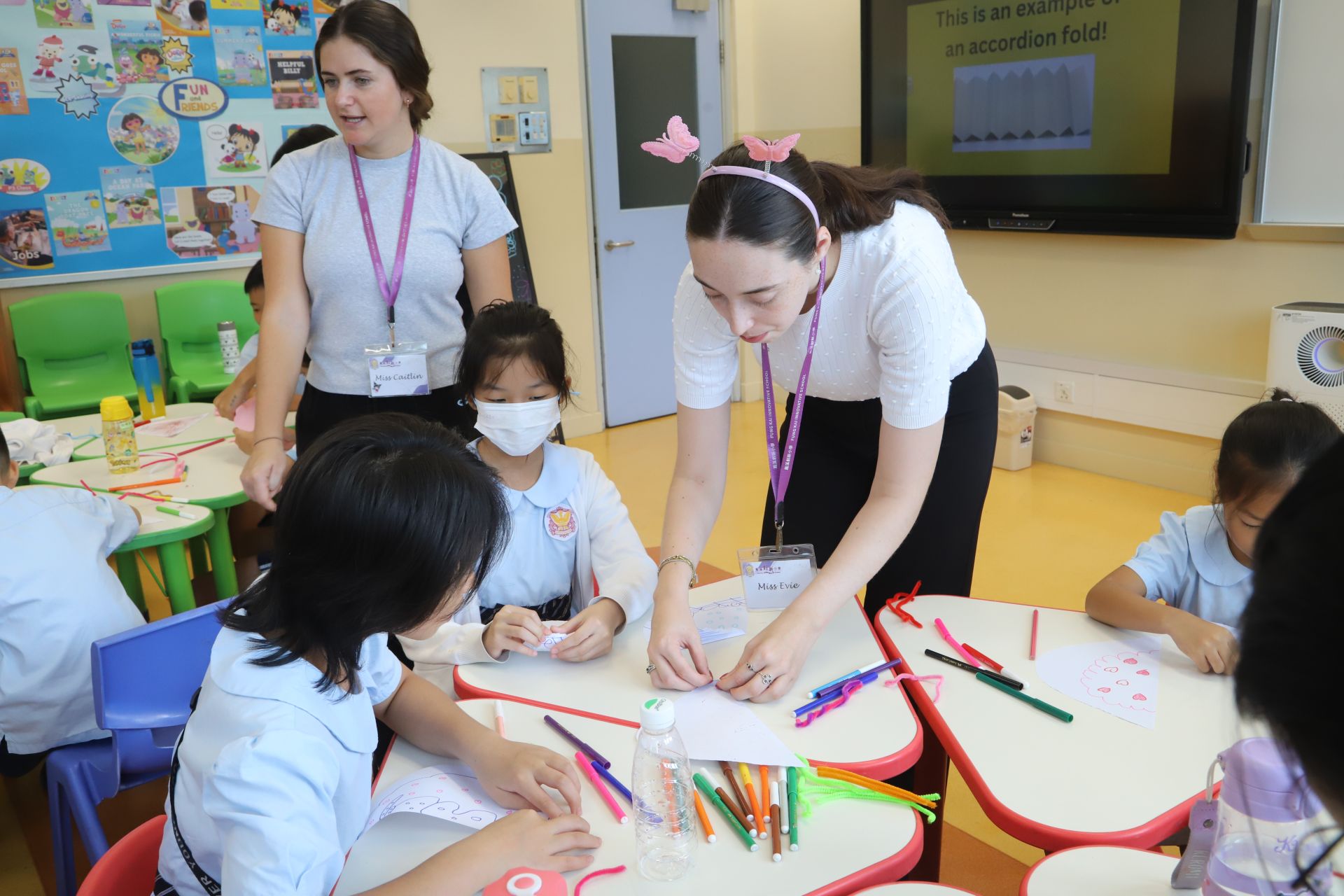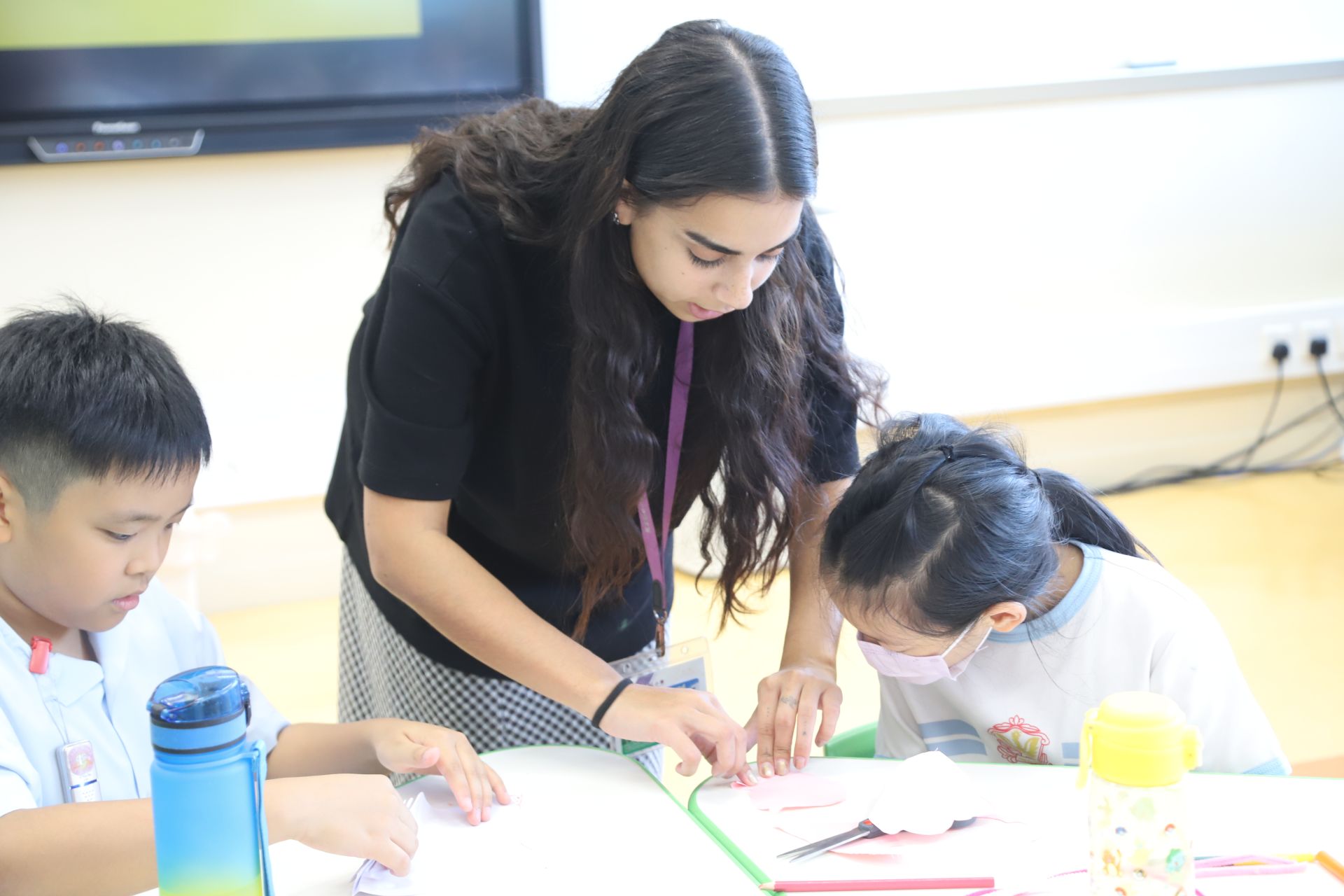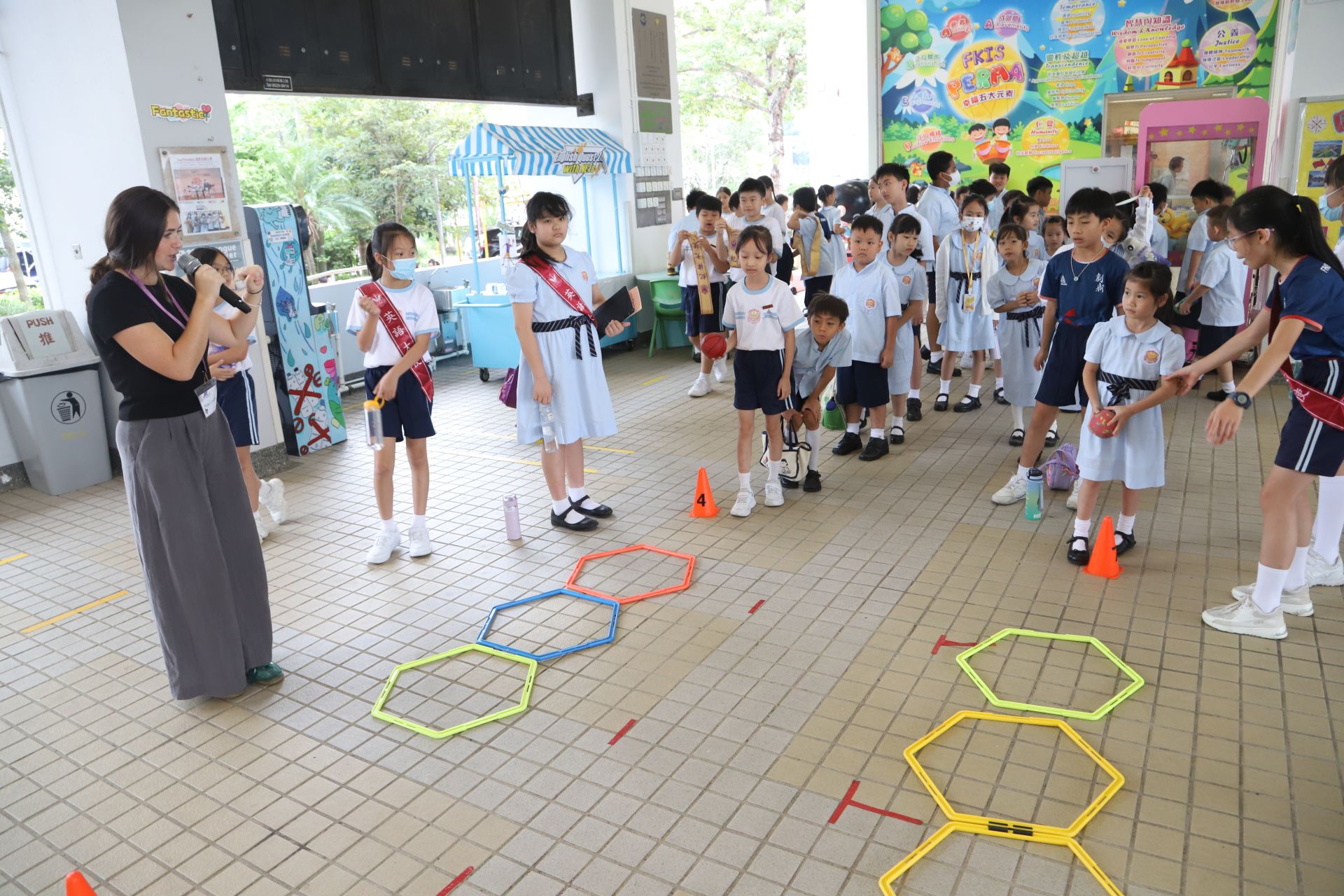- Build on existing good practices in English Language teaching.
- Sustain and deepen successful efforts in language learning.
- Focus on new areas to address challenges and opportunities.
- Provide meaningful language learning experiences.
- Foster whole-person development and lifelong learning.
- Develop proper values and attitudes in students.
- Prepare students to adapt to rapid societal changes.
1. Enhancing Reading Across the Curriculum: Improve students' reading skills and connections between concepts in various subjects through integrated reading materials.
2. Integrating Values Education through English: Foster appropriate values and attitudes in students by incorporating key values into English instruction.
3. Developing Assessment Literacy in English: Strengthen assessment's role in the English learning cycle by promoting formative assessment and student involvement.
4. Incorporating Information Technology in English Learning: Leverage digital tools to enhance teaching and promote information literacy for a digital learning environment.
5. Integrating STEAM in English: Incorporate STEAM elements into English instruction to cultivate students' interest and enhance their problem-solving skills.
6. Maximizing Effective Use of Learning Time in English: Optimize curriculum planning to encourage diverse and meaningful English learning activities across various learning times.
A. 4 Native English Teachers (NETs) at School
- 4 NETs serve as vice-class teachers in P.1, integrating English into students’ daily routine.
- A bridging programme is implemented in P.6 prepare students for a diverse range of post-secondary educational opportunities.
- English x STEAM programme is integrated in P.4 to P.6 curriculum, to arouse students’ interest in solving Maths questions and exploring Science knowledge by using English
- Various English activities are organized, including English morning assemblies, English Starry Café’, STEAM Wednesdays, Art & Crafts Wednesdays, and Fitness Fridays during recess, to stimulate students' interest in learning English.
B. Read Write Inc. Phonics Programme by Oxford (P.1-6)
- RWI Speed Sounds Set 1 is incorporated into P.1 curriculum.
RWI phonics skills are applied in teaching and learning from P.1 to 6.
C. School-based e-Curriculum (P.1-6)
- i-solution by Oxford is utilized used in daily teaching and learning activities
- Graded writing worksheets are designed to accommodate diverse learning needs.
- A variety of teaching and learning activities utilize IT tools such as AI, VR, AR to enhance the effectiveness of English teaching and learning.
D. School-based Reading Programme
- A school-based English reading scheme is conducted from P.1 to P.6 to foster students’ interests and abilities in reading.
- E-readers from Fun and Friends are introduced from P.1 to P.6 by the NETs, with some assigned for home reading.
- The digital reading platform BookR Class is available for P.1 to P.6, offering a wide range of reading resources to encourage self-directed learning.
- A guided reading approach is implemented in P.2 throughout the academic year.
- Reading strategies and exam skills are taught during the reading process.
English Teams (photos)
A. English Leaders
B. English Debates
C. English Drama Team
D. English Campus TV & English Reporters
E. English Ambassadors
F. English Puppetry Team
G. Elite Writing Classes
English Activities (photos)
A. Australia Study Tour
B. Collaborate with international schools ICHK and HKIS to broaden students' horizons.
the Taste Day at ICHK & HKIS Reading Buddies
C. 5 Interview Activity
D. Rugby English Active Learning (REAL) Programme
E. English Fun Fair
F. English Wednesdays (English Morning Assemblies, English Starry Café’)
G. Recess Activities (STEAM Wednesdays, Art & Crafts Wednesday, Fitness Fridays, English Quests Zone)


